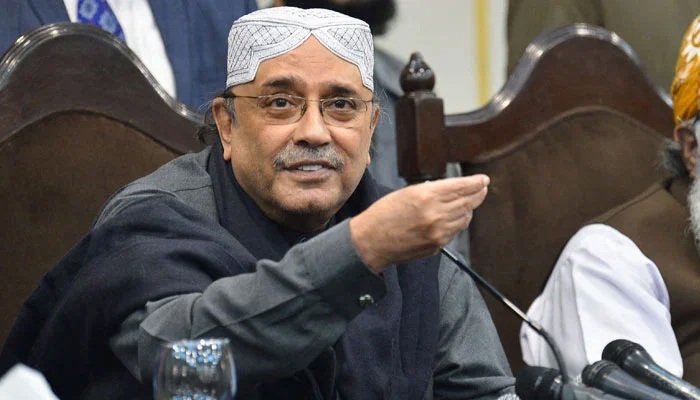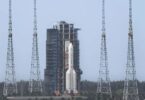Former President and Pakistan People’s Party (PPP) Supremo, Asif Ali Zardari has recently said that all the problems facing the country can be solved through democracy and that what can be done with democracy, cannot be achieved in the war. According to him, only genuine, politically groomed and thriving civic groups can meet the public expectations in these devastated political and economic conditions in the country. A seasoned politician and former president acclaimed that the PPP will give the Balochis and Balochistan their due rights, both share and dignity, while only genuine political parties can solve the problems facing the country. According to him, although there is no perfect democracy in the country even now, it gradually strengthening.
Pakistan is one of the few countries in the world that came into existence as the result of the years-long political and peaceful democratic struggle of its founders in the mid-20th century when democracy was not as flourishing as today. Democracy offers countless benefits and plays a vital role in the promotion and strengthening of individual freedoms, political participation, and peaceful transitions of power. The democratic process enhances social stability, and economic development through civic engagement, transforms the system responsive to diverse public needs, fosters accountability, encourages economic development, and facilitates peaceful conflict resolution through political processes, and dialogue. At the same it, the continuous democratic process ensures accountability of the leaders, the governments, and political parties as well.
Historically, Pakistan has gone through multiple forms of government since its independence in 1947. Ranging from military dictatorships, and civilian authoritarian regimes to military-controlled democracies and military-democracy partnerships, all experiments have been tested and failed throughout seven and a half decades. Unfortunately, multiple military rules, politically motivated policies, and economic decisions caused a sense of deprivation among certain ethnic communities and geographical regions giving birth to separatist movements and insurgencies. A peculiar security state environment coupled with the extensive involvement of security agencies in politics badly tarnished social cohesion and national unity in the past. In fact, Sindhi ethnic movements, Baloch insurgency, and Pakhtun nationalism have grown rapidly due to misconduct and wrong priorities of dictators and biased politicians.
Over the past two years, the politics of hatred, name-calling, and travesty introduced extremist behaviour and largely polarized Pakistani society. Pakistan is passing through a crucial transition period that merits utmost caution and sagacity from the state institutions and the political parties to safely pass through this point in time. There had been rumours regarding unspecified extensions in the tenure of the current caretaker setups or the formation of a unity government to deal with the current economic crisis and political chaos. However, those baseless forecasts died their death and the newly publically elected government would assume charge of the government very soon. Realistically, only a democratic system includes representation of diverse voices, protection of individual rights, peaceful transitions of power, and responsiveness to public needs/demands. Henceforth, all state institutions and other stakeholders must play their due role in strengthening democracy and stabilization of the political process in the country, because only civic activities groom societies, strengthen institutions, and consolidate social and economic gains in any nation in this universe.







